Reading the word “genetics” in the title of an article fills most of us with dread. We won’t understand it. We don’t even remember the basics from school. Genetics is such a complex field of study that it won’t make sense to us. But please read on because the possibility of a connection between genetics–or, more accurately, epigenetics–and Adverse Childhood Experiences (ACEs) could uncover startling revelations about how we should be raising our children.
Let’s start at the beginning. Genetics is a branch of biology concerned with the study of genes, genetic variation, and heredity—or the passing on of traits from parents to their offspring—in living organisms.
For many people, knowledge on the subject is limited to a few simple facts:
1.) We all have genes that we got from our parents.
2.) Genes carry our inherited information or genetic code.
3.) Genes are responsible for characteristics like eye color, height, hair color, etc.
4.) Genes also account for less tangible traits like whether we will be susceptible to certain diseases, or even if we will be optimistic and resilient, or prone to
alcoholism or depression.
Some of us may remember a little more of what we learned in high school science class, but here are the basics:
• Human cells can house about 25,000 – 35,000 genes, which are carried on structures called chromosomes.
• As a human being, you have 23 pairs of chromosomes (46 total) – half from your mother and half from your father. Your genetic makeup is determined
when your father’s sperm fertilizes your mother’s egg at conception to produce the materials needed to make a new, unique individual – you!
• Each gene on the chromosomes has a function. The DNA (deoxyribonucleic acid) in a gene spells out specific instructions—like a cooking recipe — for
making proteins in the cell.
• Proteins are the building blocks for everything in the body from bones to muscles to blood. Proteins help our bodies grow, work properly, and stay
healthy.
Genetic processes don’t occur in a vacuum, however. They can be greatly influenced by our environment and experiences which, in turn, can affect our development, decision-making, social-emotional wellness, and behavior. But how much of who we are is due to our genetic code and how much is the result of how and where we were raised and by whom? This is often referred to as the nature versus nurture argument.
Identical Twins and Nature vs. Nurture
Consider the example of genetically identical twins separated at birth and raised in different homes. One child ends up in a chaotic, insecure environment where he suffers ACEs and trauma. The other child grows up surrounded by love and kindness; he is provided with close personal bonds, diverse opportunities, and encouragement. While the nature of the identical twins might be genetically determined to be equal, the nurture component is clearly different. The child raised in the austere, uncertain climate may develop at a slower rate and have greater difficulties in school and life than the nurtured twin. The toxic stress associated with his ACEs has delayed his cognitive and behavioral development, disadvantaging him from birth.
How much of who we turn out to be is the result of genes and how much is the result of our environment is an age-old debate that has not yet been settled. Most scientists accept that both nature and nurture are at play in all human development. There is, however, a growing body of research that suggests a great deal of who we are is up to our genes. Genetics is an incredibly complex (and often misunderstood) field of science and breakthroughs are made every day. Decoding who we are and what kind of lives we will lead is a great mystery, one of the last great frontiers of human exploration and discovery.
The Concept of Epigenetics
Let’s take the concept one step further into the realm of epigenetics. Epigenetics is the study of cellular and physiological phenotypic trait variations that are caused by external or environmental factors that switch genes on and off and affect how cells read genes instead of being caused by changes in the DNA sequence. Huh? That may sound like gobbledygook to most of us, but it simply means that while the field of genetics looks at the expression of the genetic code, epigenetics studies factors that influence the expression of the gene.
Research in the area of epigenetics has concluded that during early life, the environment we live in can affect the way our genes are expressed.
So, environmental factors like security, bonding, and love can alter how our genes switch on and off, or simply operate. Differing genetic expressions can occur without causing any changes (or mutations) to the underlying genes themselves. In essence, the environment we experience, especially when we are young, can affect which of our genes are active (or expressed), and which remain dormant (or unexpressed).
The Intergenerational Transmission of Trauma
This is why we are discussing epigenetics in connection with ACEs. Because, increasingly, research seems to bear out the fact that the toxic stress of ACEs might not only be experienced by an individual but could also be transmitted from one generation to the next at a genetic level. In very simplified terms, it may be possible to pass on trauma to our children and grandchildren, making the implications of ACEs more devastating and far-reaching than we ever imagined.
Some researchers who have studied historic periods of trauma like the American Civil War or the Holocaust now suspect that abuse, neglect, deprivation, and trauma can impair the functioning at some level of future generations who may not even be living in the same adverse circumstances.
Experiments with Mice and Scent
Controlled experiments in mice have allowed researchers to begin to understand the epigenetics of ACEs. A 2013 study found that there was an intergenerational effect of trauma associated with scent. Researchers blew acetophenone – which smells like cherry blossoms – through the cages of adult male mice, zapping their foot with an electric current at the same time. The mice learned to associate the smell of cherry blossom with pain. Shortly afterwards, these males bred with female mice. When their pups smelled the scent of cherry blossom, they became jumpier and more nervous than pups whose fathers hadn’t been conditioned to fear it. To rule out that the pups were somehow learning about the smell from their parents, they were raised by unrelated mice who had never smelt cherry blossom.
The grand-pups of the traumatized males also showed heightened sensitivity to the scent. Neither of the generations showed a greater sensitivity to smells other than cherry blossom, which indicates that the inheritance was specific to that scent.
The science is far from definitive however. Many studies are currently underway and several alternate theories of if and how this is possible are still being debated within scientific circles. One thing is certain: Epigenetics is going to reveal many secrets in the coming years.
Consequences and Hope
The good news is that intergenerational transmission of trauma seems to happen infrequently. The story of human history is rife with trauma. If the transmission of that trauma was inevitable, all of us would be riddled with crippling health issues and developmental delays, and yet most of us are not. Protective factors that seem to mitigate or even prevent transmission in many people are clearly at play. Again, how and why this happens is not fully understood.
Still, the idea that we may be passing on the effects of trauma is a weighty one.
If this is the case, it should change the way we live our lives. Our parents’ and grandparents’ experiences should suddenly take on new relevance to us. Knowing that the consequences of our own actions and experiences could have long-term implications for the lives of our unborn (and yet to be conceived) children should dramatically alter the choices we make. It might even influence how seriously we, as a society, take violence, abuse, trauma, and mental health.
All these possibilities make it more important than ever before that we value and nurture ourselves and protect our mental and emotional wellbeing. ACEs and trauma are not a predetermined route to a disastrous life, they are simply warning markers along the way that encourage us to be self-aware, surround our children and ourselves with buffers, and practice resilience skills and self-care.
“There’s a malleability to the system,” says Brian Dias, researcher at Emory University and the United States’ Yerkes National Primate Research Center, and author of the 2013 controlled epigenetics study in mice. “The die is not cast. For the most part, we are not messed up as a human race, even though trauma abounds in our environment. [I believe that], in at least some cases, healing the effects of trauma in our lifetimes can put a stop to it echoing further down the generations.”
Our goal should be healing the effects of childhood trauma now, so that even the possibility of passing it on to future generations is minimized. As a community, let’s all focus on trying to achieve that.


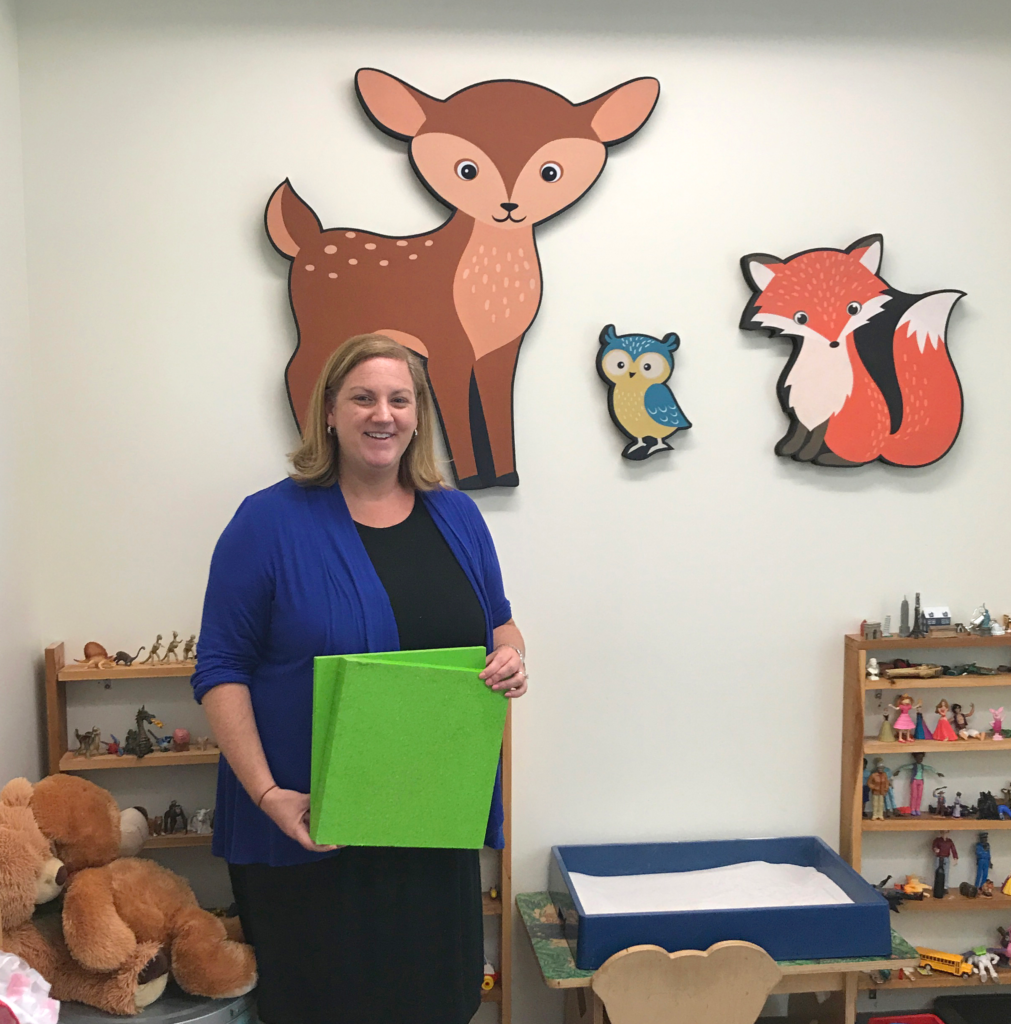
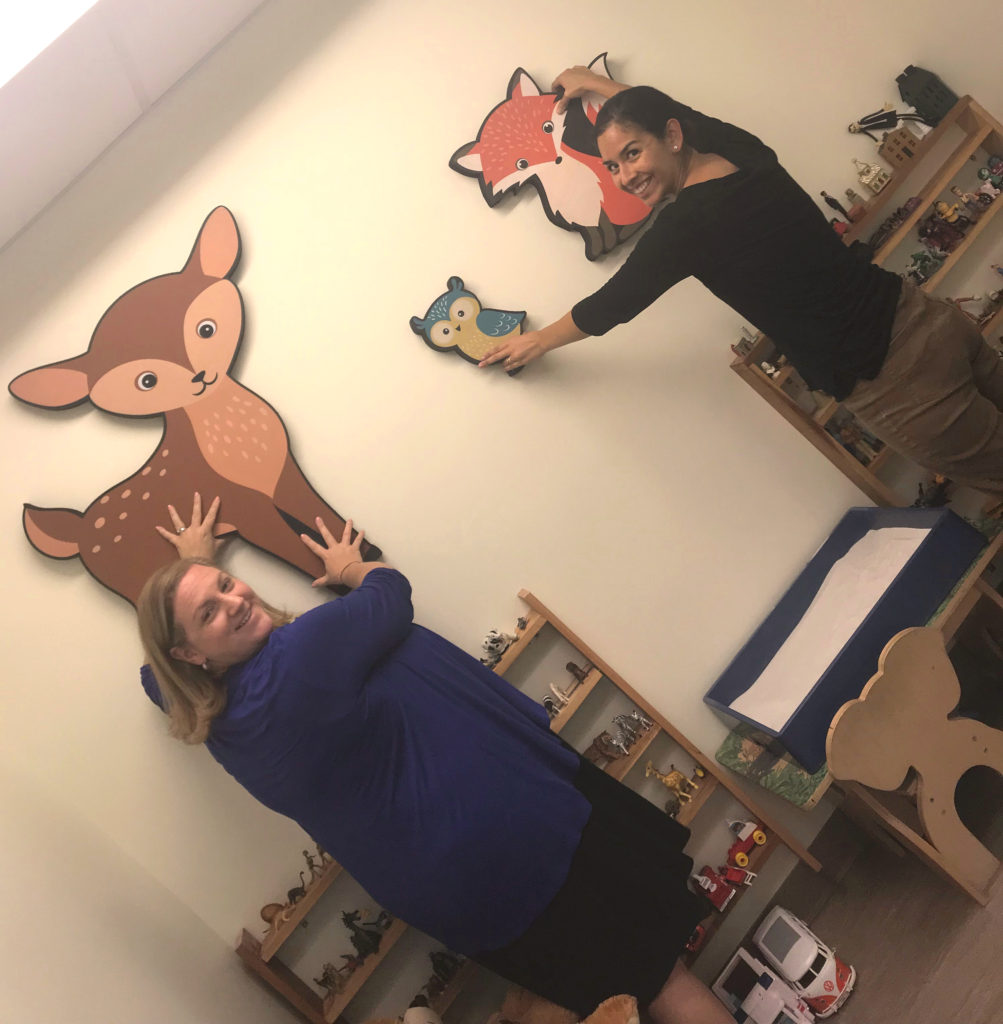
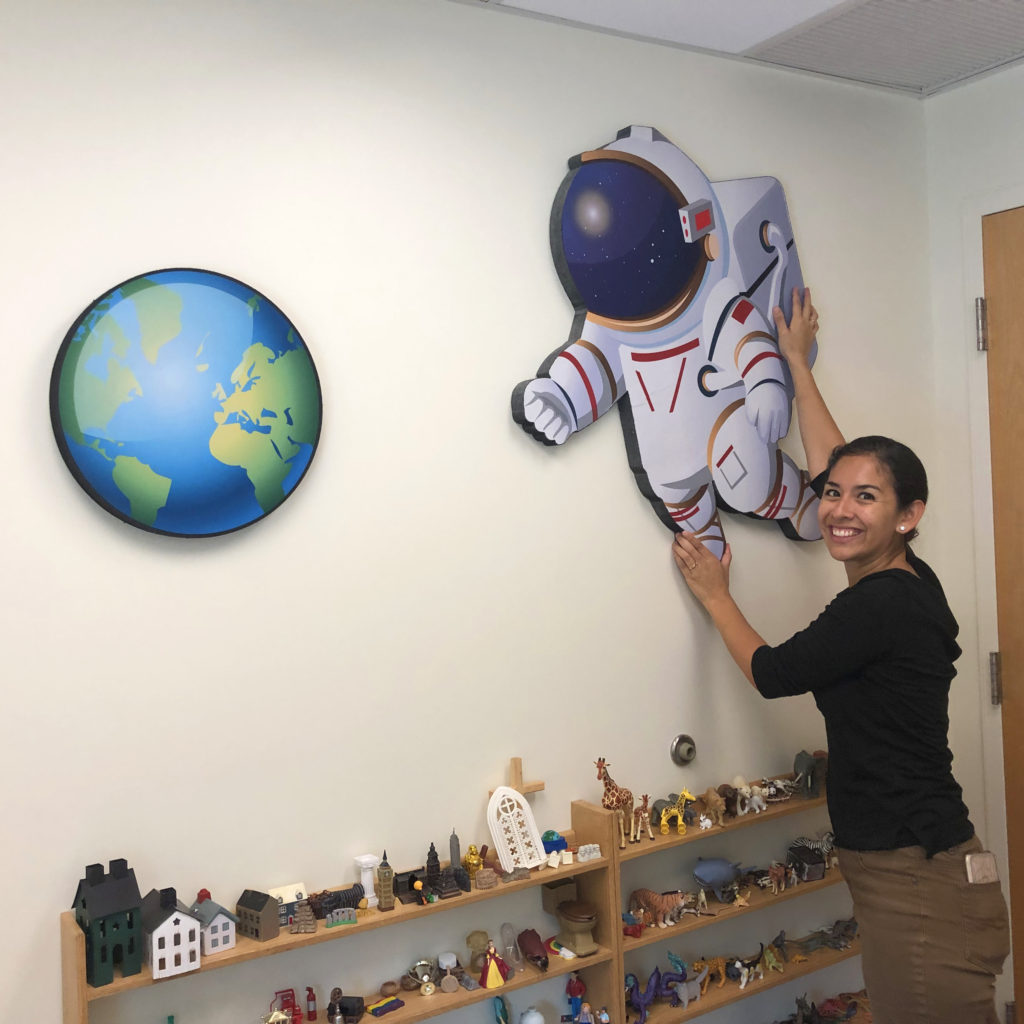
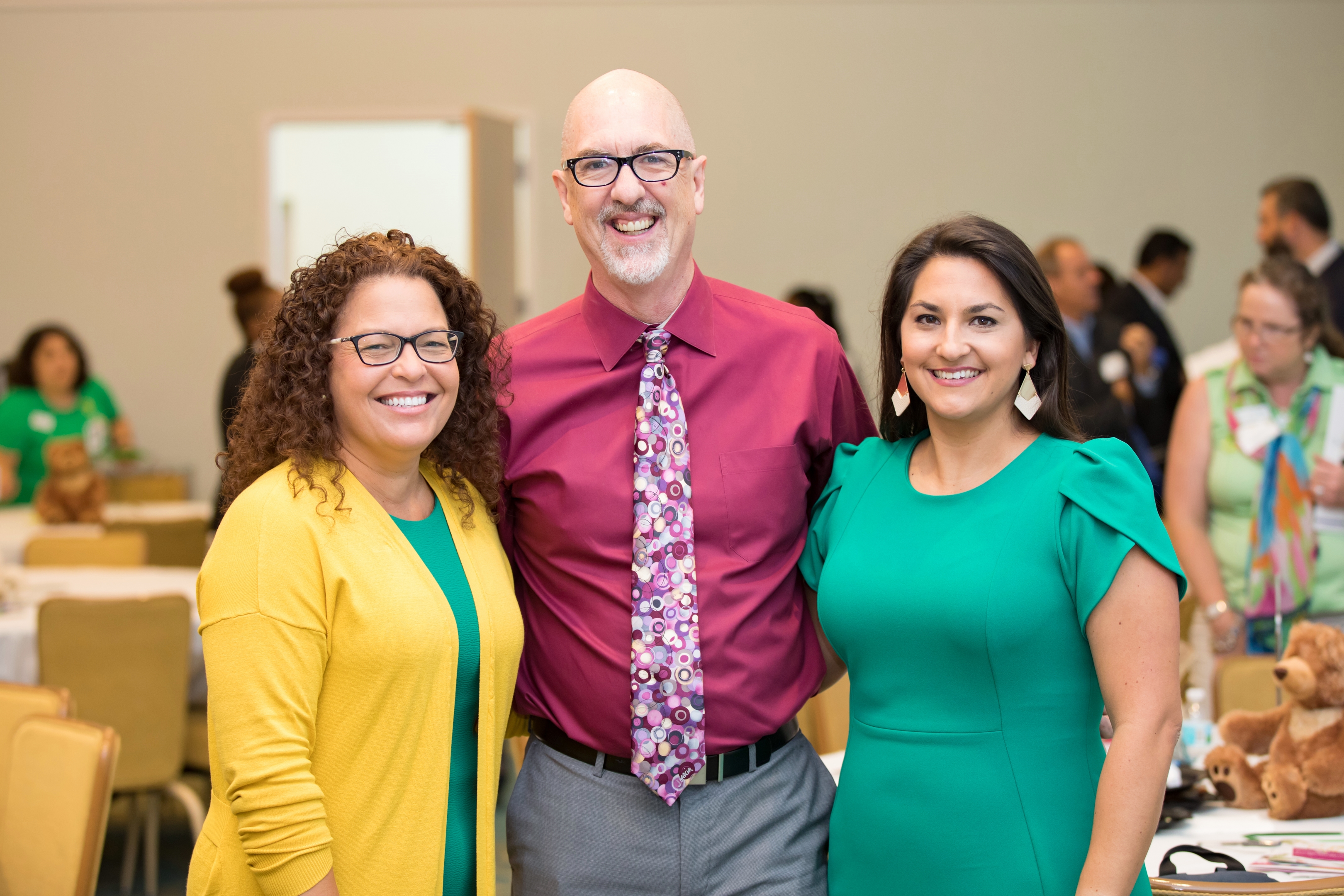
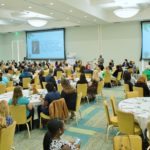
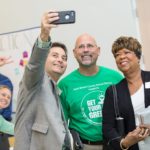
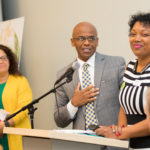
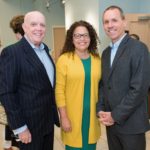
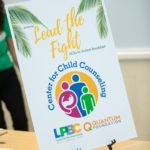
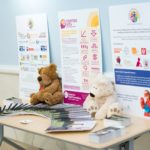
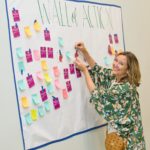
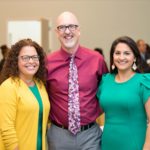
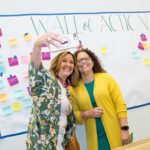

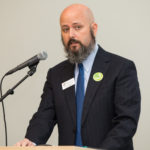
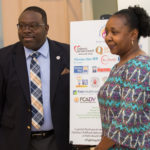

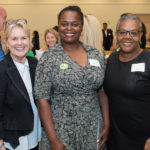


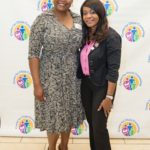
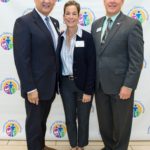


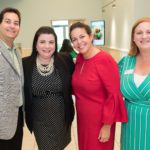
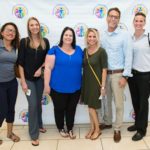
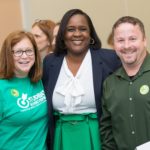
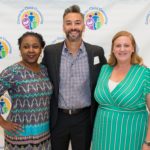

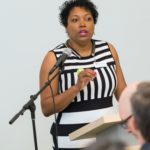
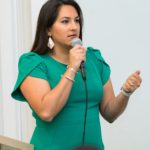
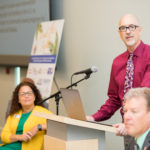
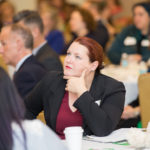
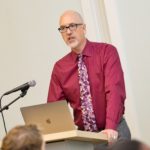
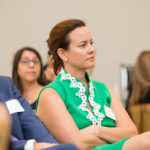
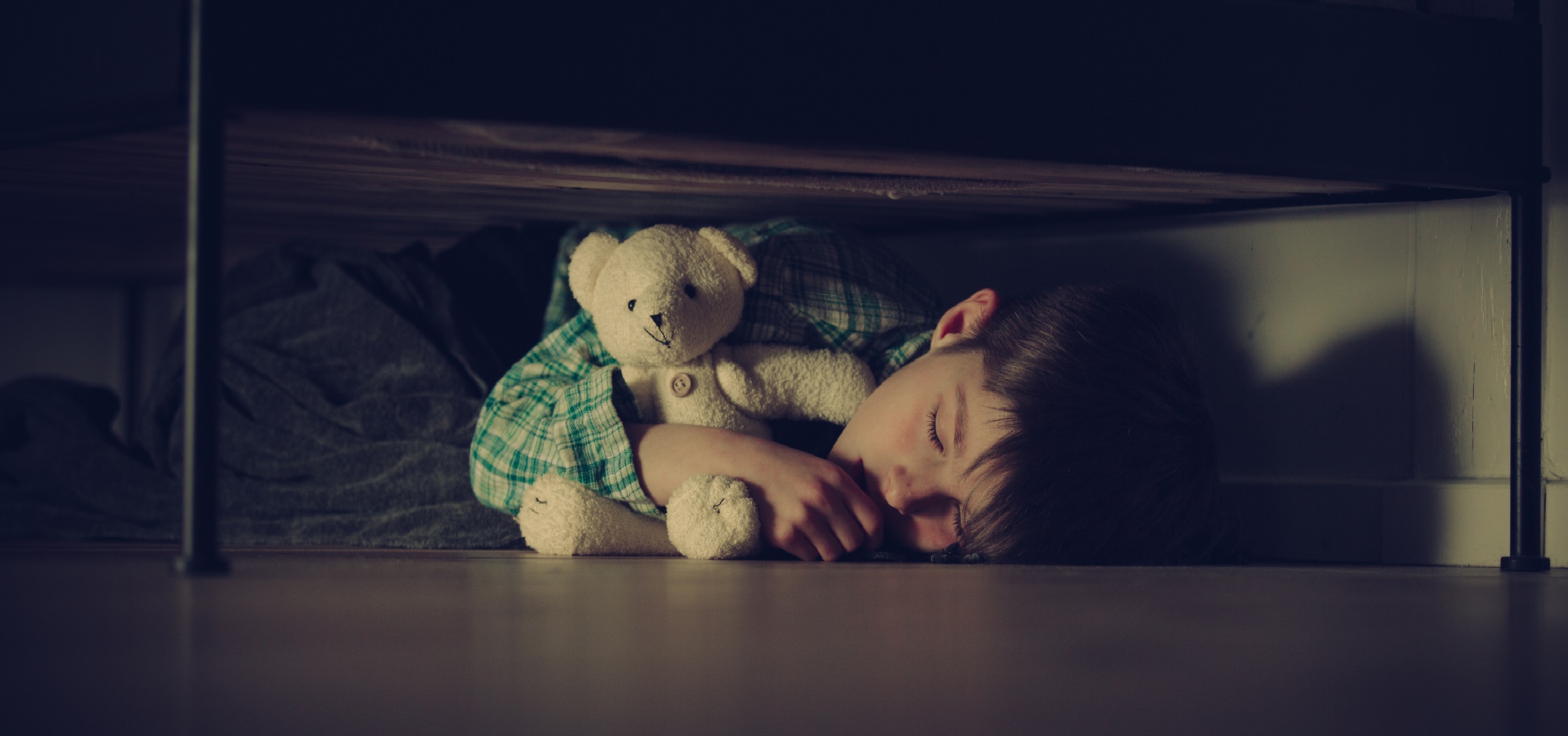
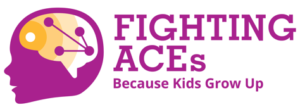
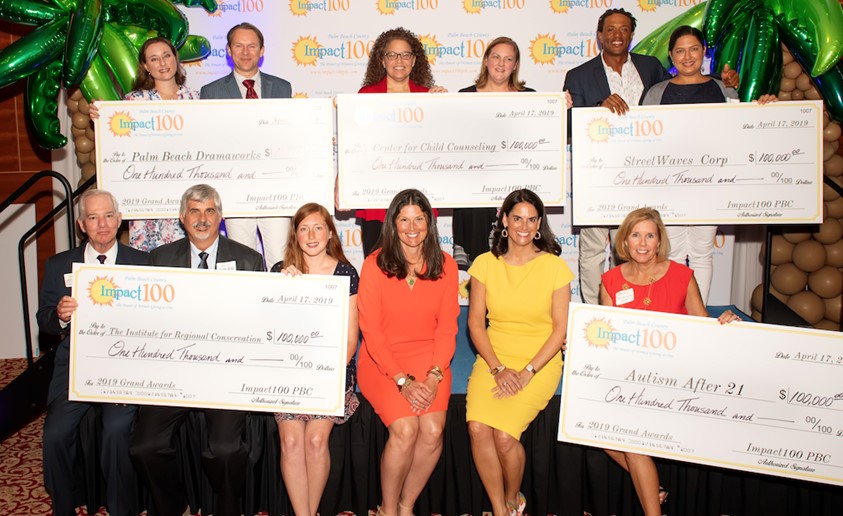
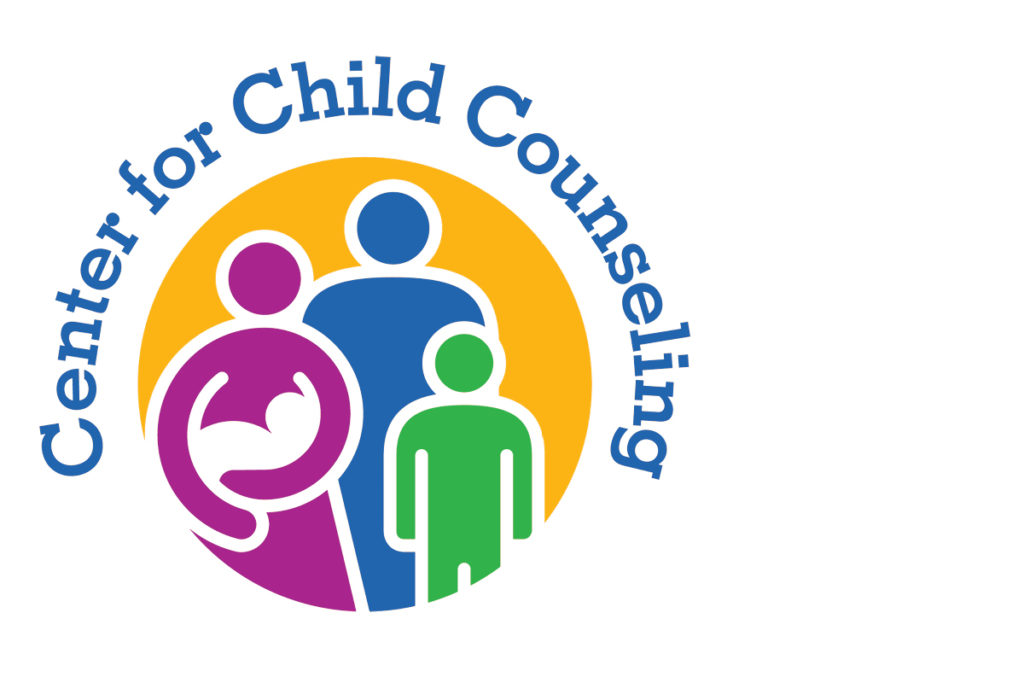
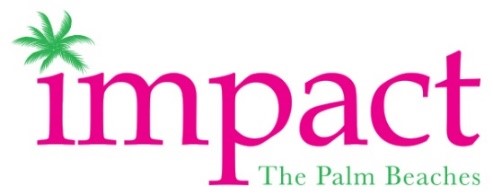
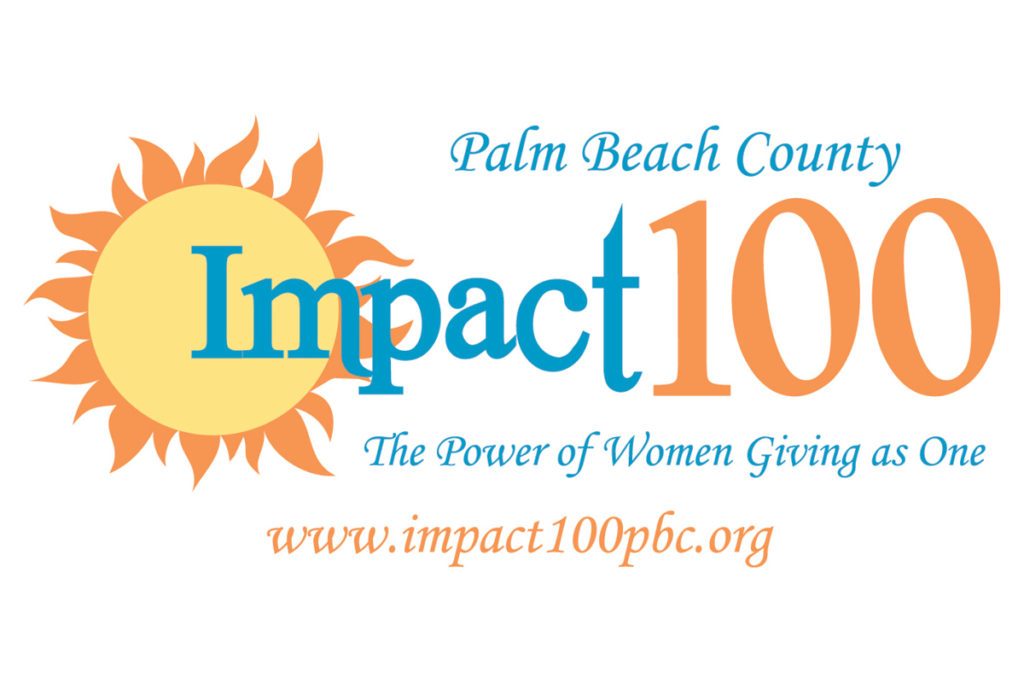
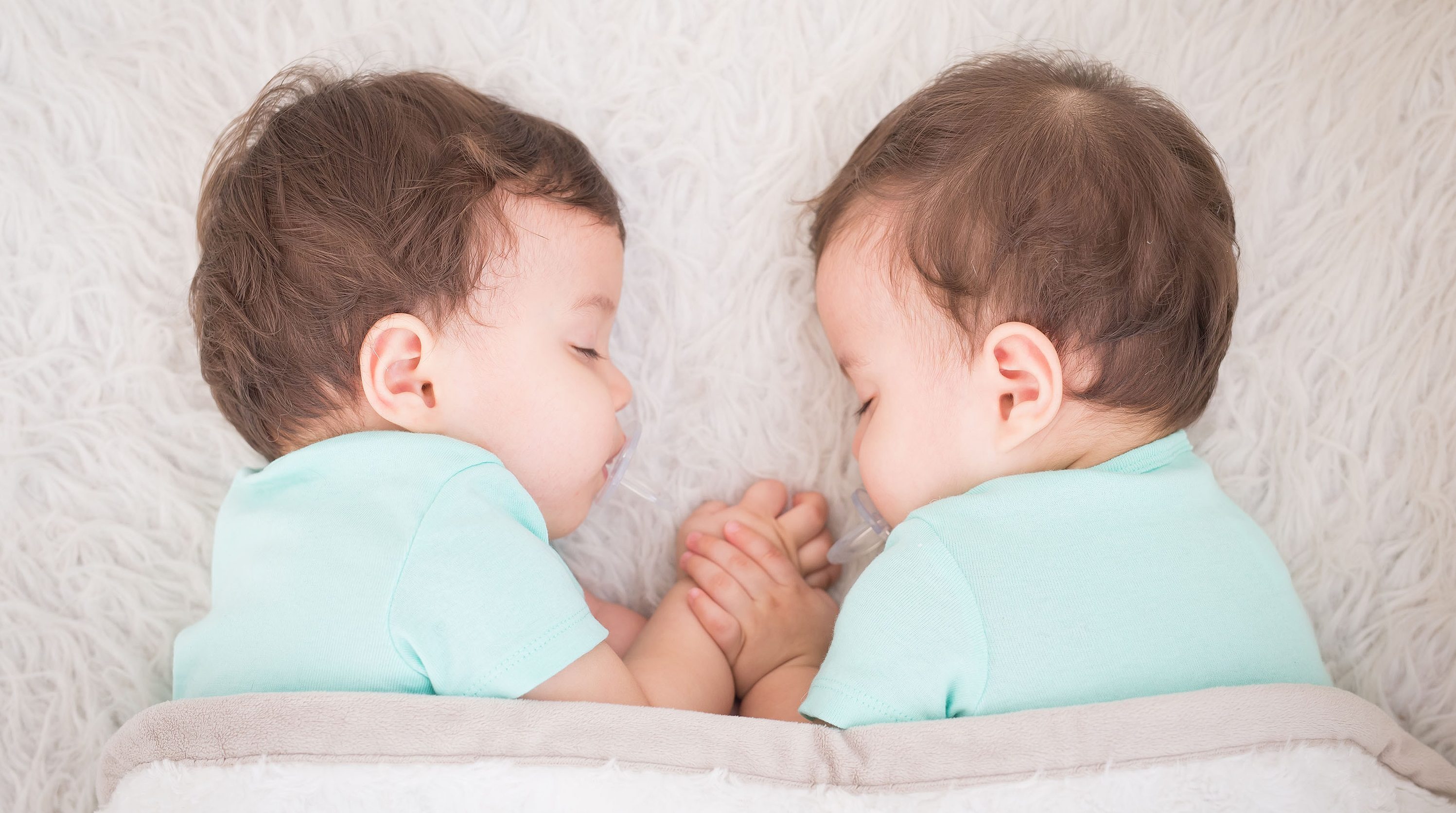

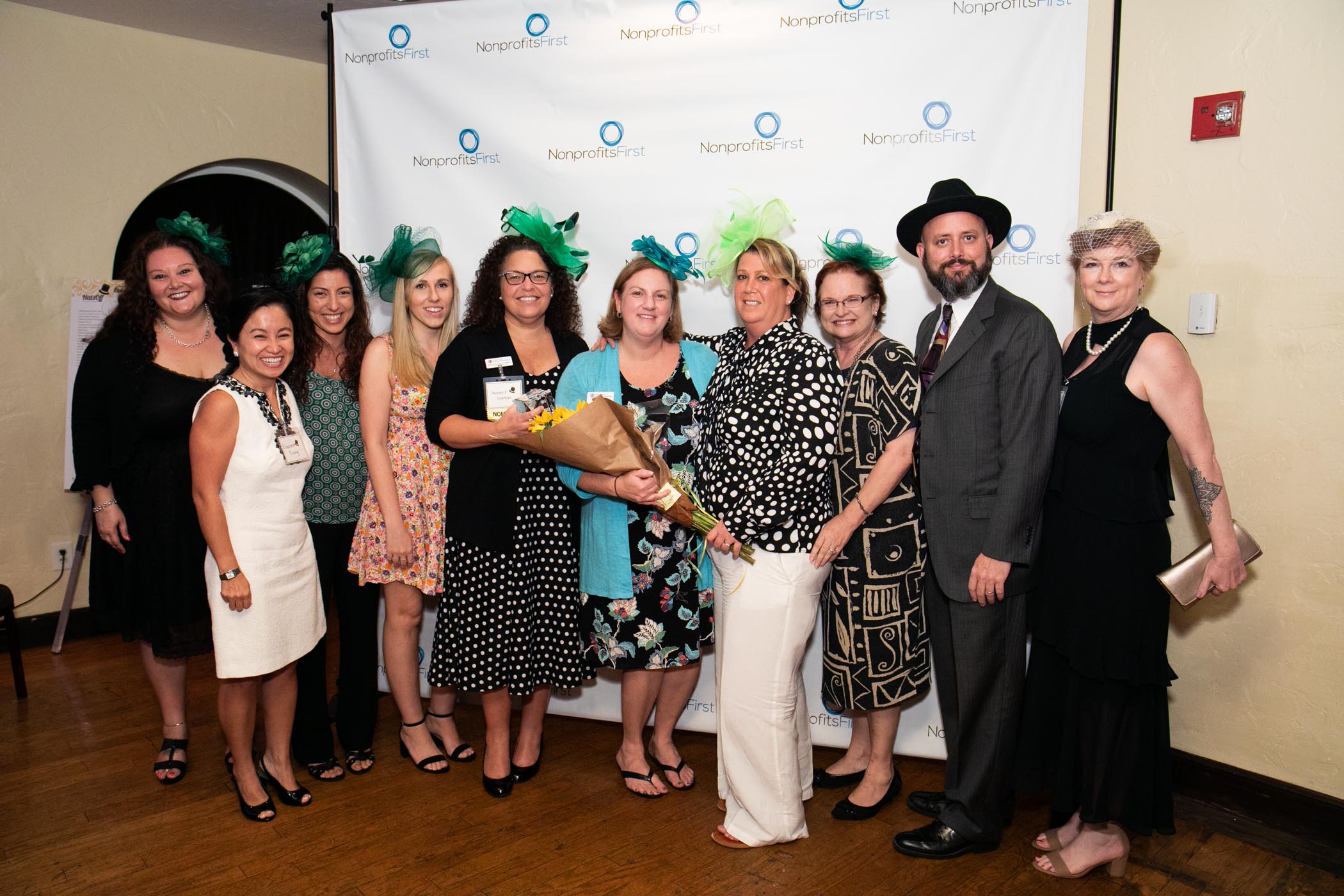
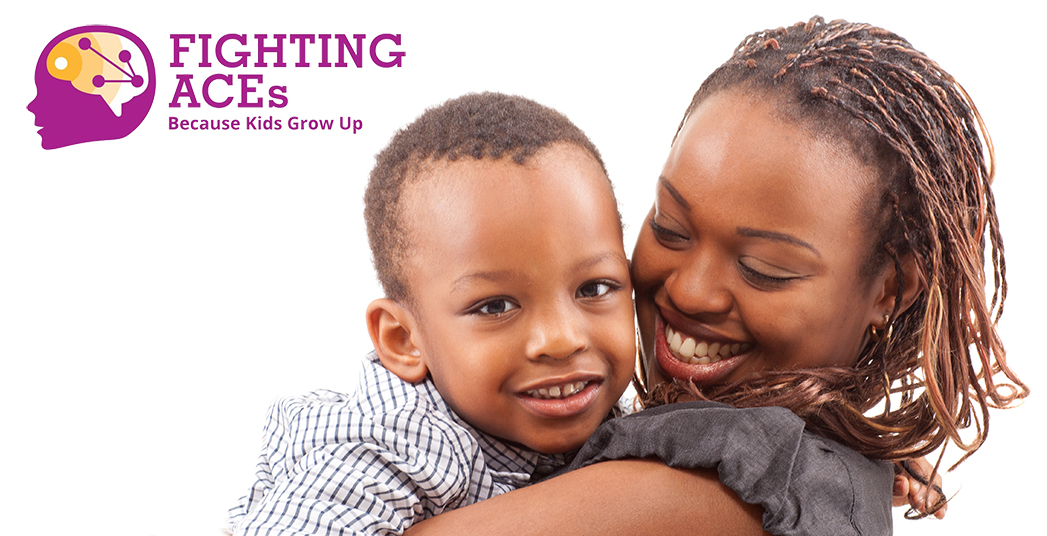 Of the eight grants awarded this cycle, Quantum Foundation allocated $250,000 to the Center for Child Counseling (CCC) for the organization's work with ACEs (Adverse Childhood Experiences). CCC is considered the leader in ACEs and Trauma Informed Training and is driving the conversation on ACEs in Palm Beach County. The grant will help support staff positions to provide educational workshops, training and consultation for teachers, caregivers and professionals about ACEs, trauma, and integration of effective strategies to promote buffers and lifelong health for babies and young children.
Of the eight grants awarded this cycle, Quantum Foundation allocated $250,000 to the Center for Child Counseling (CCC) for the organization's work with ACEs (Adverse Childhood Experiences). CCC is considered the leader in ACEs and Trauma Informed Training and is driving the conversation on ACEs in Palm Beach County. The grant will help support staff positions to provide educational workshops, training and consultation for teachers, caregivers and professionals about ACEs, trauma, and integration of effective strategies to promote buffers and lifelong health for babies and young children.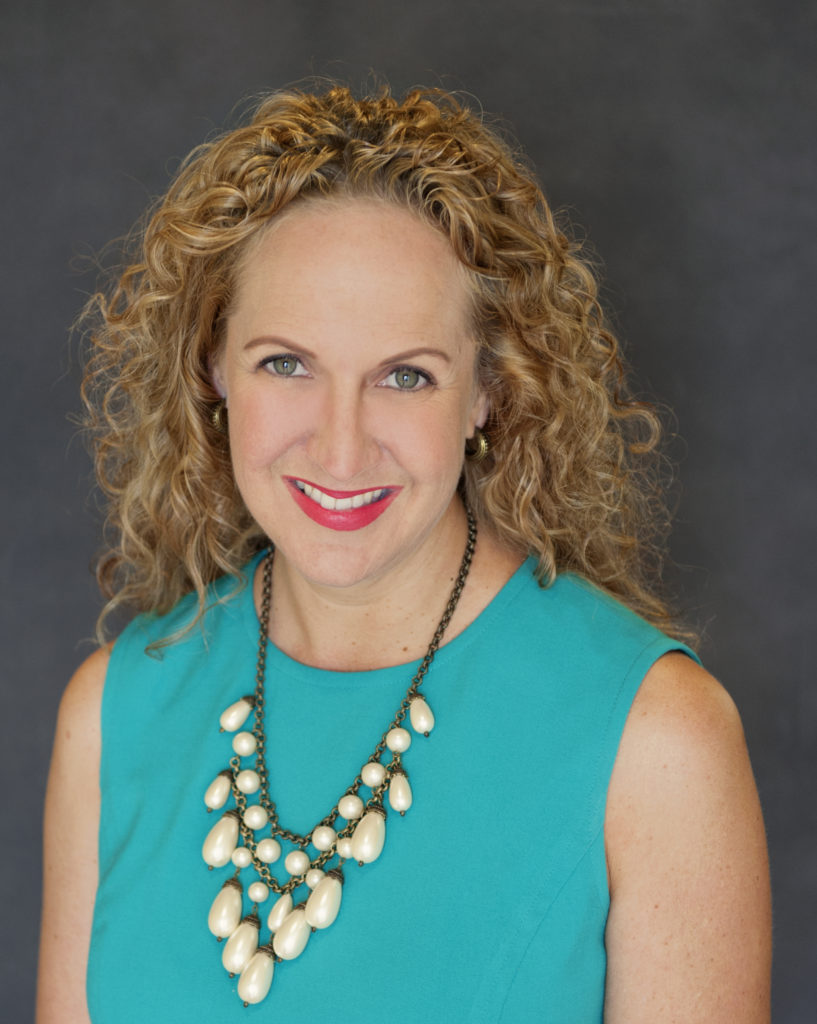 We are pleased to announce that Kerry Jamieson has joined our team as Director of Community and Public Relations! Kerry was born in Durban, South Africa and received an undergraduate degree in English and History from the University of Miami and a postgraduate qualification in screenwriting from UCLA.
We are pleased to announce that Kerry Jamieson has joined our team as Director of Community and Public Relations! Kerry was born in Durban, South Africa and received an undergraduate degree in English and History from the University of Miami and a postgraduate qualification in screenwriting from UCLA.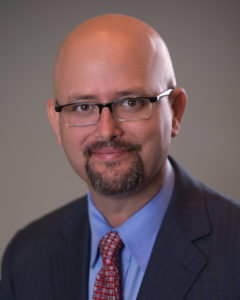 Mr. Stephens has developed a successful family law practice focused on highly disputed divorces. He is a popular and engaging motivational speaker, most recently presenting to over one hundred community leaders at Center for Child Counseling’s Lead the Fight event. His personal motto is “Do Something that Matters,” and in that spirit, he brings a passion for inspiring others along with his own personal childhood experiences overcoming adversity to his work at the organization.
Mr. Stephens has developed a successful family law practice focused on highly disputed divorces. He is a popular and engaging motivational speaker, most recently presenting to over one hundred community leaders at Center for Child Counseling’s Lead the Fight event. His personal motto is “Do Something that Matters,” and in that spirit, he brings a passion for inspiring others along with his own personal childhood experiences overcoming adversity to his work at the organization.